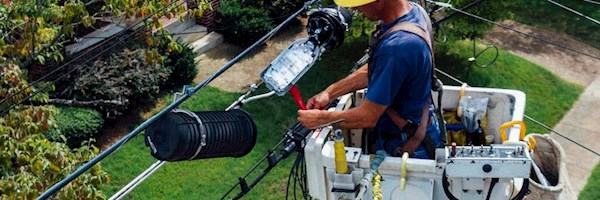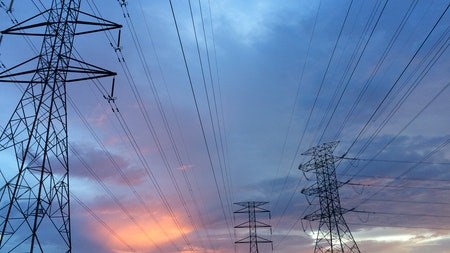In 2021 Eskom issued a notice to the effect that the software for all prepaid electricity meters in South Africa will expire in 2024. Meters that haven’t been updated by 24 November 2024 will not be able to upload prepaid tokens, which will leave customers without electricity supply.
The globally adopted Standard Transfer Specification (STS) for prepayment metering protects against the reuse of tokens using a unique Token Identifier (TID). Created in South Africa in 1993, the STS was an industry standard supporting Eskom's mission of ‘electricity for all’. Eskom began a journey to connect 10 million households to the electricity supply grid using prepayment metering technology.
The TID is a 240-bit field embedded in STS-compliant tokens that identify the date and time of the token generation and represents the minutes elapsed since 1 January 1993. As with any data type, there is a point when the maximum value is reached. In South Africa, the TID value will roll back to zero on 24 November 2024, and any tokens generated after this date will be rejected by a meter as being an old token. All STS-compliant meters are affected by this TID rollover, so it is essential that all meters are recoded.
Eskom said the initiative aims to address all meter challenges encountered by customers and to ensure that Eskom has accurate customer data.
The upgrade process will be carried out at no charge, and customers will also be assisted with any challenges they have with their meters.
Municipalities
It is estimated that South Africa has about seven million meters and the number is expected to grow to eight million by 2024.
The national initiative is not only an Eskom initiative and will be rolled out to all prepaid Eskom and municipal customers. The initial phase of the upgrade project began in Gauteng in September 2021, with other provinces following.
Some electricity users receive their power directly from Eskom, whereas others are clients of their local municipality - all of which follow different schedules and procedures to update the smart meters.
The City of Cape Town has 570 000 pre-paid meters and issued a notice, at the beginning of August, that 170 000 of these had already been recoded in more than 21 areas in the metro. The city said it is working through various areas as part of a phased approach to updating meters to meet the 2024 deadline.
“Customers in a specific area will receive two update codes with their usual prepaid token when it’s their turn. Customers who have not yet received the update codes with their electricity purchase are not yet due for the update.”
The city said that updates to the software will not affect the user’s electricity usage in any way as it does not affect the meter’s calibration.
In George, the municipality’s media liaison officer Ntobeko Mangqwengqwe, says: “Households that are in line for the ongoing municipal meter upgrade programme must be aware that all new meters installed will eventually be updated, but we are working through older stock now.
"Older stock, even though newly installed, will have to be updated. The new compliant-ready meters are in the municipality stock stores now. Some of the field staff are already updating the meters if they are on-site doing a meter change or a site inspection."
Cautionary
As the prepaid meter software recoding initiative unfolds, homeowners must ensure that all their old pre-paid electricity tokens are entered before their meter is upgraded. Once the upgrade has been completed, the old tokens will no longer work.
Eskom and the municipalities have cautioned that customers should be vigilant and only allow technicians and contractors who carry authentic identification into their homes.
Writer : Sarah-Jane Meyer







